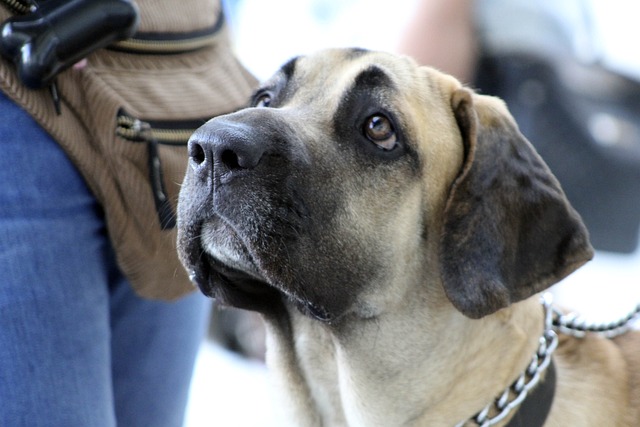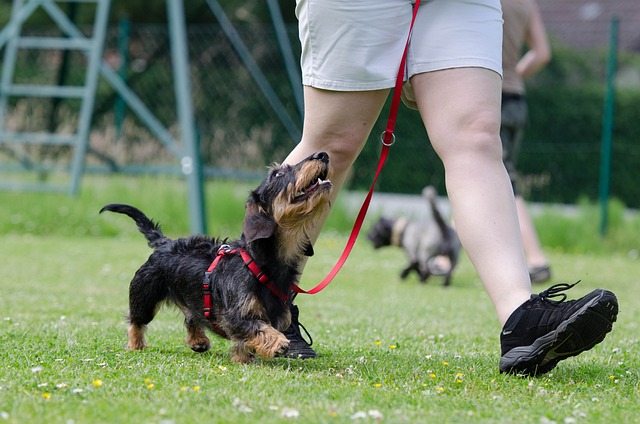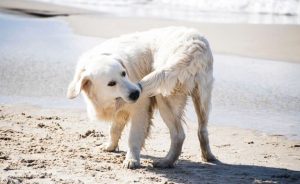+91 8073387610

Socialization plays a crucial role in shaping a puppy’s behavior and overall well-being.
It is during the early stages of their lives that puppies learn to navigate the world around them and develop positive associations with people, other animals, and various environments.
Proper socialization is key to raising a confident, well-adjusted adult dog.
This article provides a comprehensive guide on how to properly socialize your puppy, covering key principles, techniques, and considerations to ensure a positive and enriching socialization experience.
Start Early and Gradually
Early socialization is vital, as puppies have a critical period between 3 and 14 weeks of age when they are most receptive to new experiences.
Begin socializing your puppy as soon as you bring them home, exposing them to a variety of sights, sounds, smells, and experiences.
However, it’s crucial to introduce new stimuli gradually and in a controlled manner, avoiding overwhelming or stressful situations.
Gradually increase the level of exposure, providing positive reinforcement and rewards for calm and confident behavior.
Positive Exposure to People
Introduce your puppy to a wide range of people, including adults, children, and individuals with different appearances and backgrounds.

Encourage gentle handling, stroking, and play interactions to develop positive associations with human contact.
Arrange controlled meetings with friends, family, and strangers, ensuring each interaction is positive, rewarding, and free from fear or intimidation.
Encourage people to offer treats or engage in fun activities to reinforce positive associations.
Encounters with Other Animals
Socializing with other animals is essential for your puppy’s development.
Arrange controlled interactions with well-vaccinated and friendly dogs, ensuring they occur in a neutral and safe environment.
Start with calm, well-behaved dogs and gradually expose your puppy to different sizes, breeds, and temperaments.
Observe their body language and intervene if necessary to prevent negative experiences.
Additionally, consider controlled introductions to other animals such as cats, rabbits, or livestock, under close supervision, to promote positive associations and appropriate behavior.
Exposure to Various Environments
Expose your puppy to different environments, both indoors and outdoors, to help them become adaptable and comfortable in various settings.
Gradually introduce them to novel sounds, sights, surfaces, and objects, ensuring a positive experience in each scenario.
Start with low-stress environments and gradually progress to more challenging situations, such as busy streets, parks, or crowded areas.
Offer treats, praise, and rewards for confident behavior in new environments, reinforcing positive associations.
Ongoing Socialization and Training
Socialization should be an ongoing process throughout your puppy’s life.
Continue exposing them to new experiences, environments, and individuals, reinforcing positive behavior and gradually challenging them with new situations.
Enroll in puppy socialization classes or training sessions to provide structured social interactions and guidance from professionals.
These classes not only allow for appropriate play and interaction but also help develop basic obedience skills.
Patience, Consistency, and Positive Reinforcement
Patience and consistency are crucial when socializing your puppy. Respect their individual pace and comfort levels, avoiding forceful or stressful situations.
Use positive reinforcement techniques, rewarding desired behaviors with treats, praise, or play, to motivate and encourage your puppy.
Avoid punishment or scolding, as it can create fear and hinder the socialization process.
Properly socializing your puppy is an investment in their future well-being and happiness.
By starting early, gradually exposing them to new experiences, people, animals, and environments, and providing positive reinforcement and guidance, you can help your puppy develop into a confident, well-adjusted adult dog.
Remember to be patient, consistent, and prioritize their safety and comfort throughout the socialization process.
With proper socialization, you are laying the foundation for a lifetime of positive interactions, reduced anxiety, and a harmonious relationship between your dog and the world around them.






